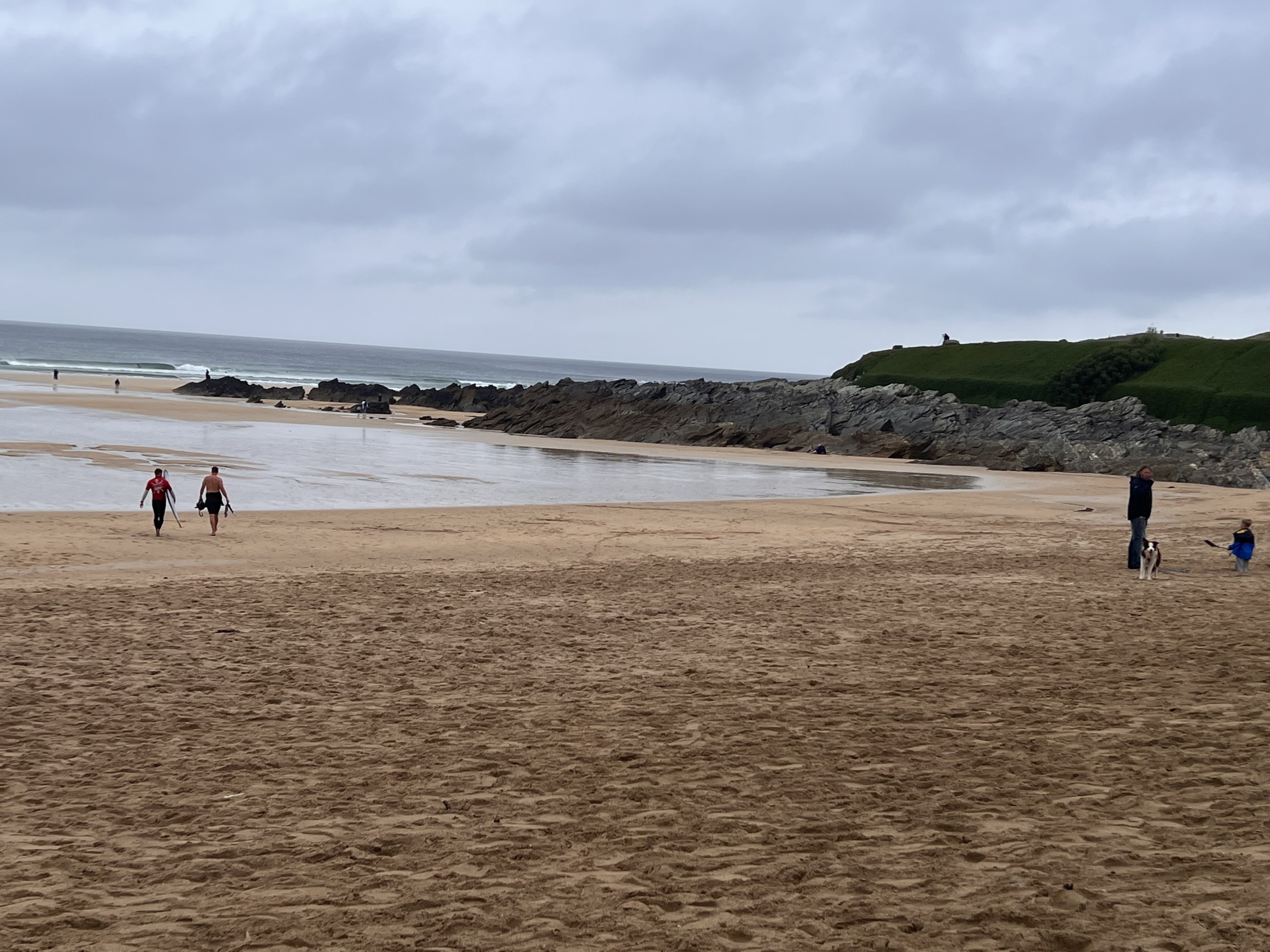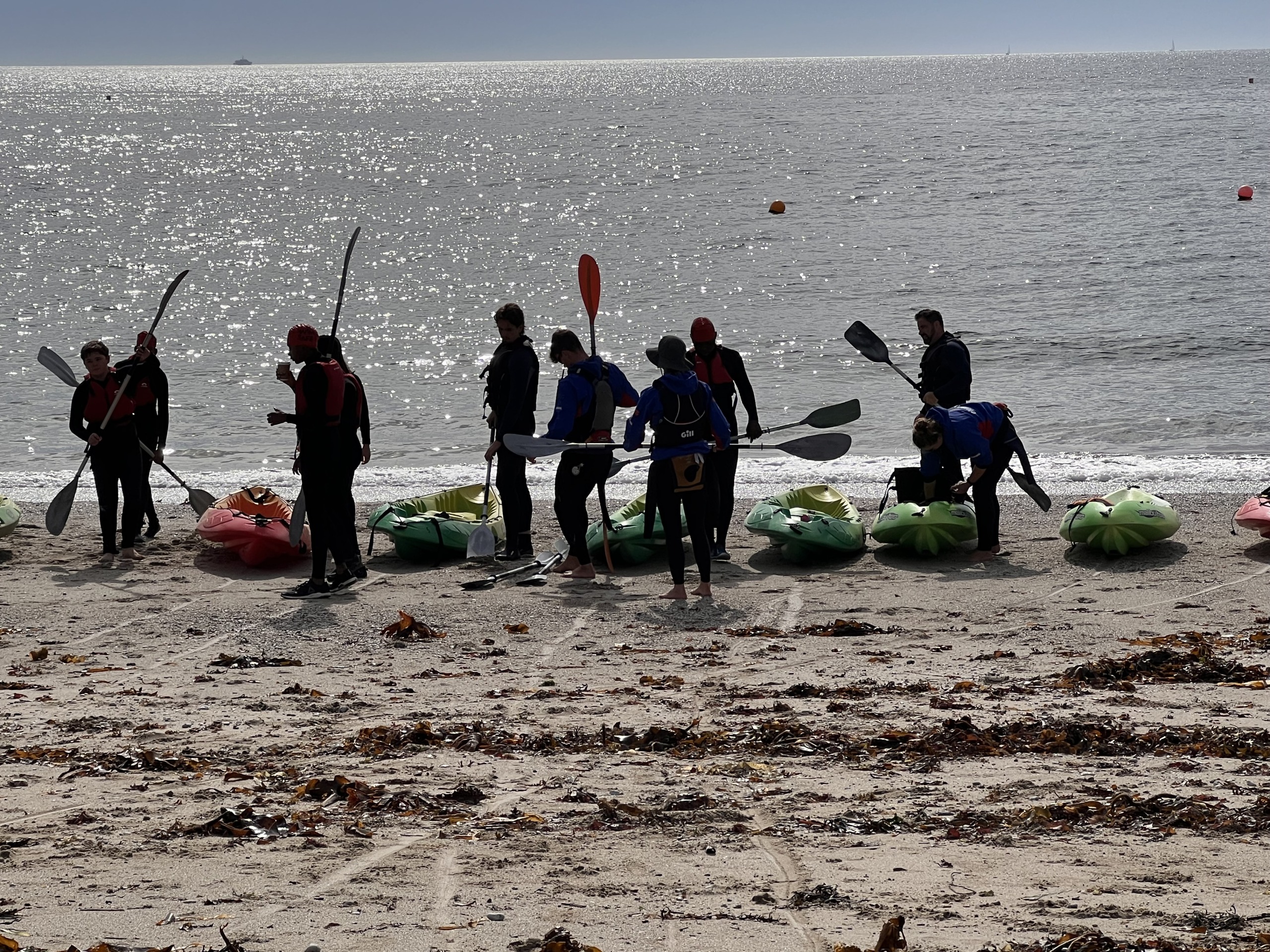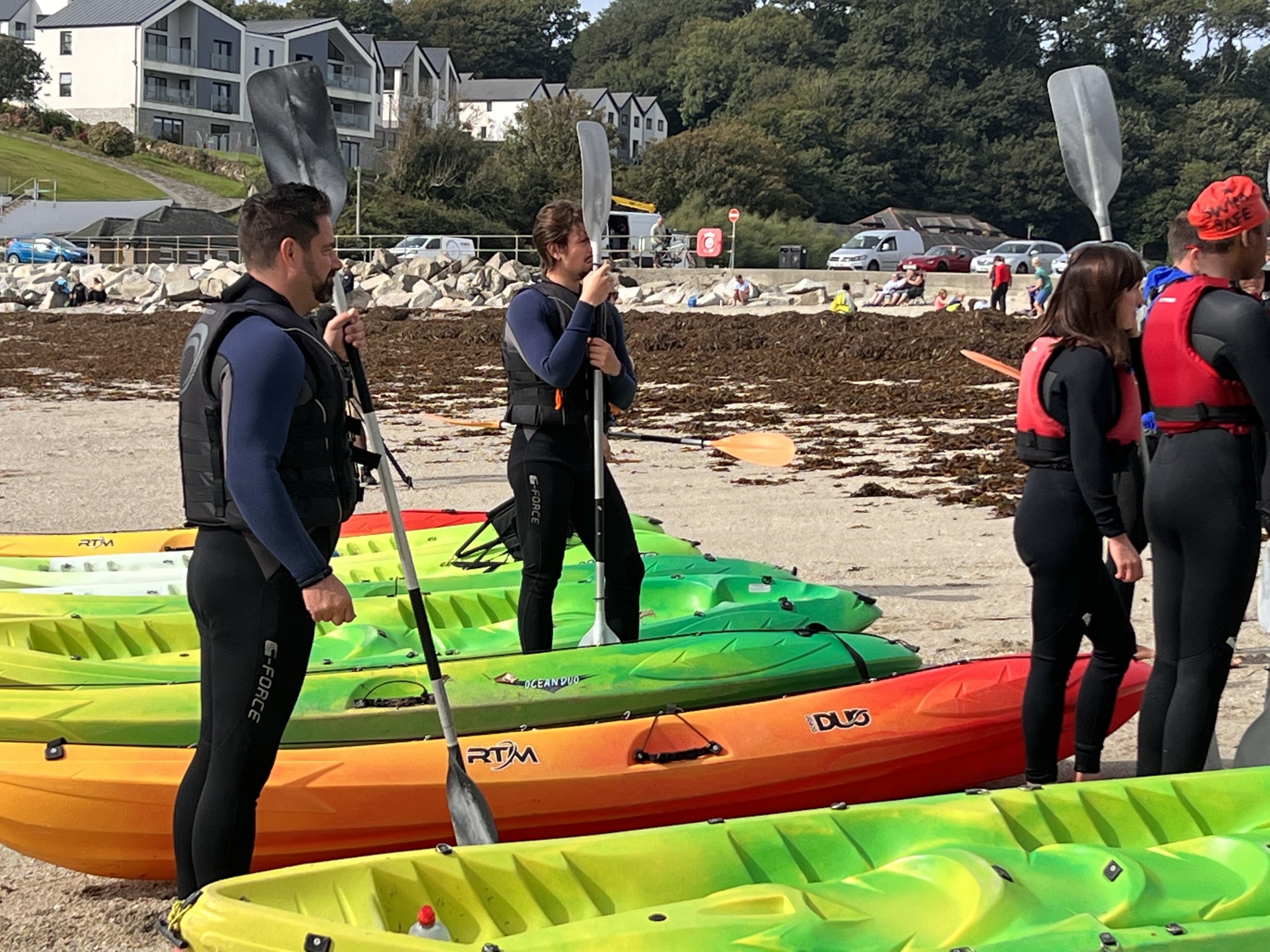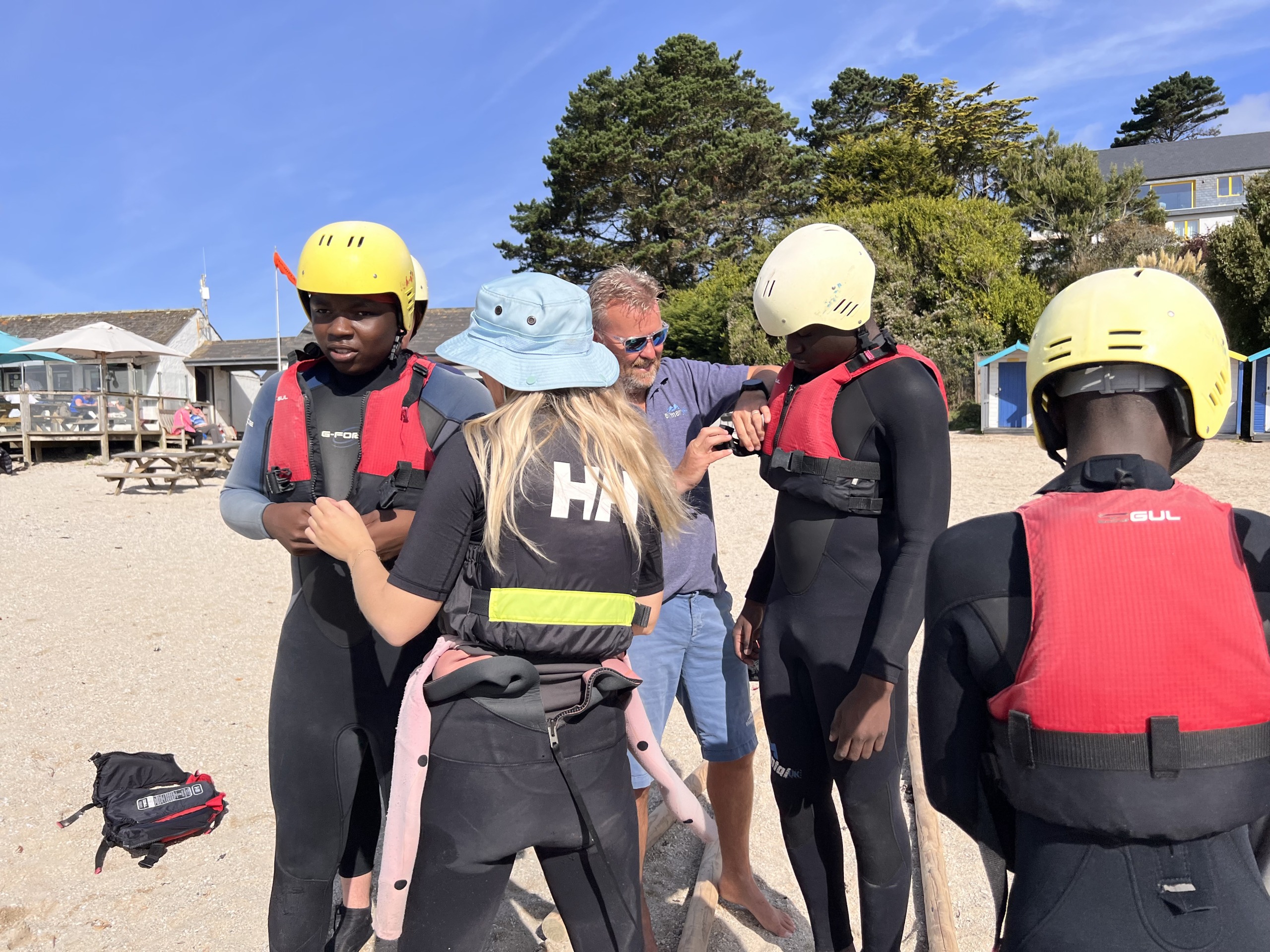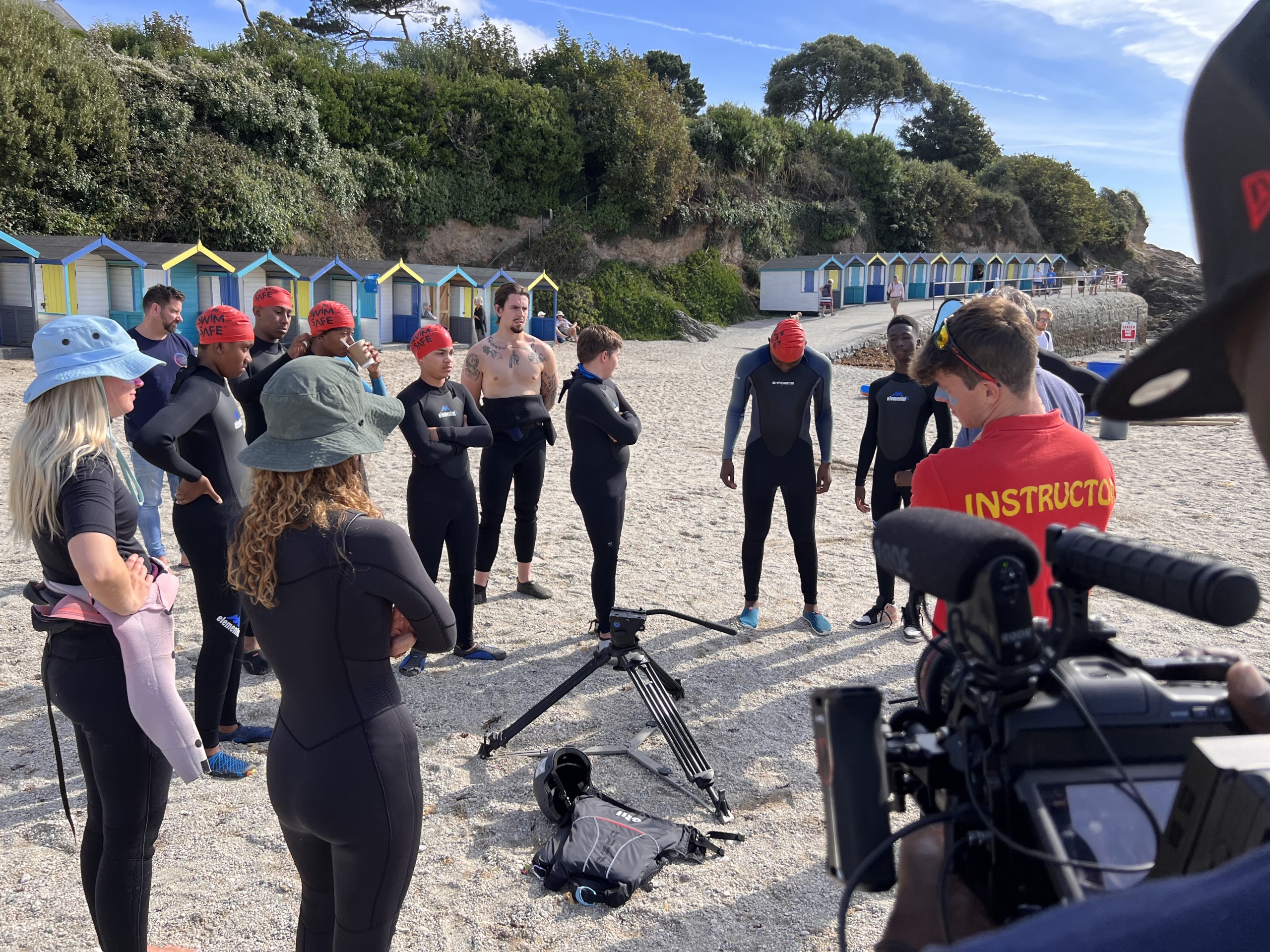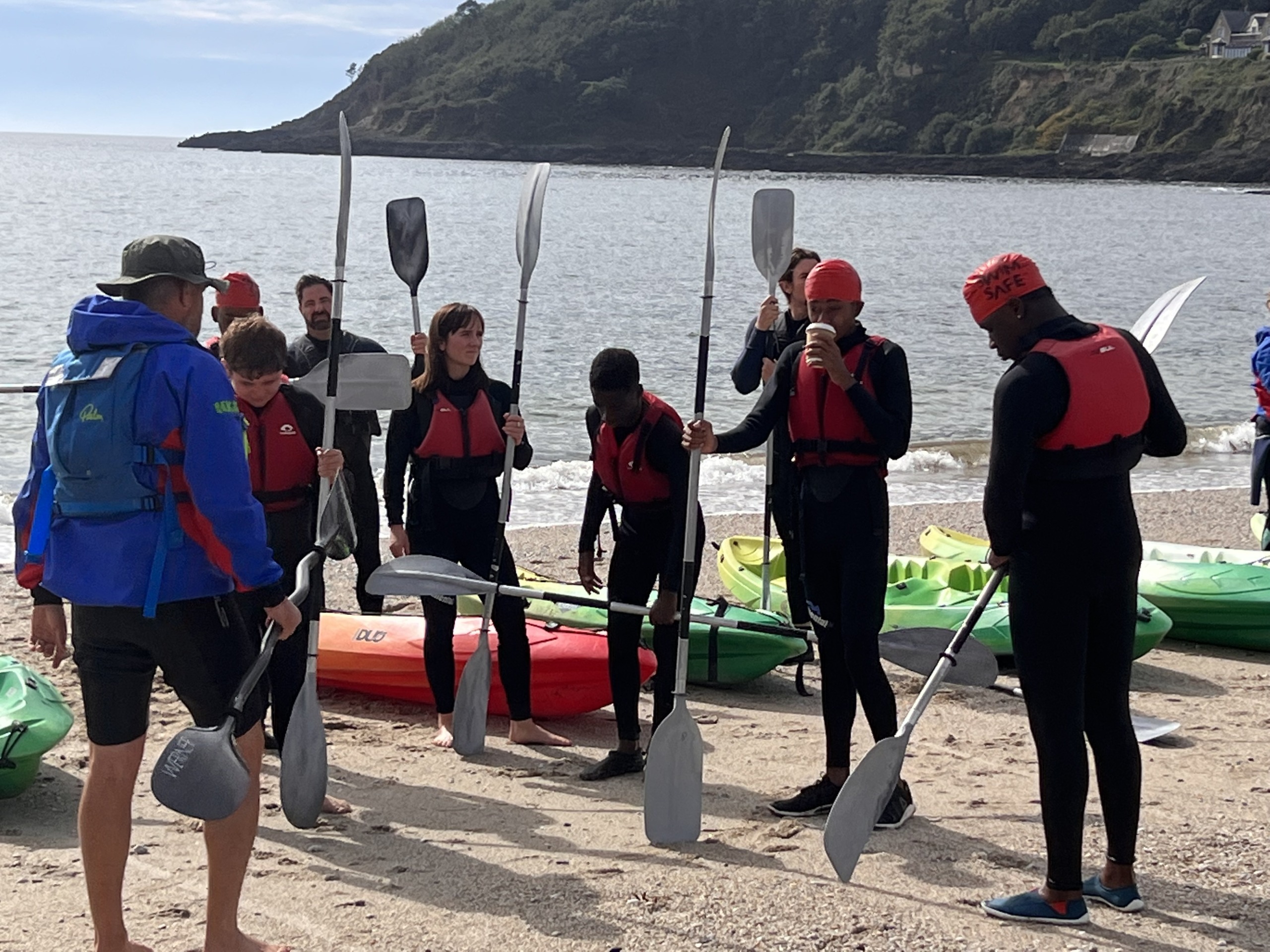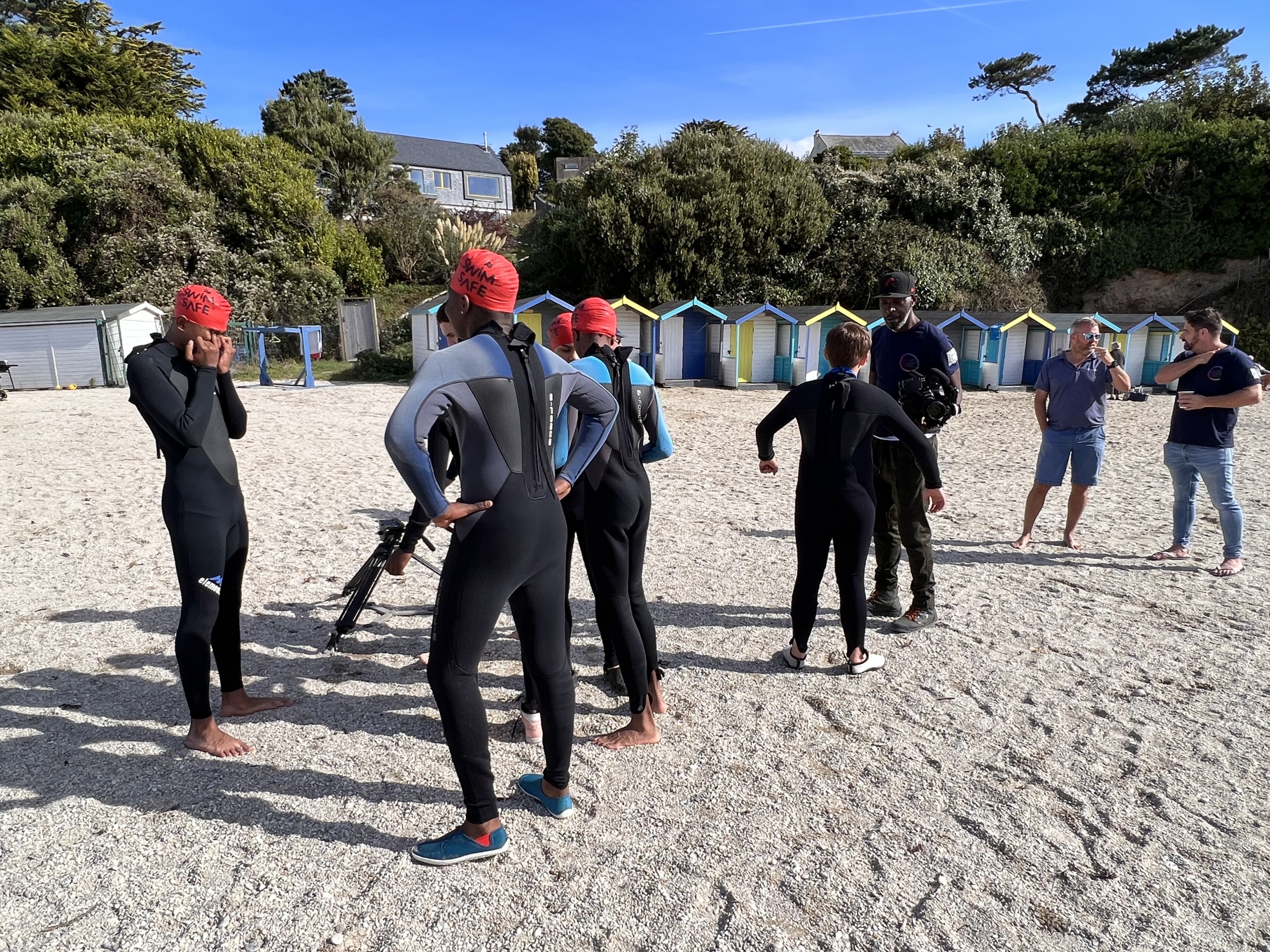SOURCE LINK THE GUARDIAN
Exposure to spaces such as beaches and rivers leads to greater value being placed in natural settings, study finds
Childhood days on the beach or messing around in rivers can have significant lasting benefits for our wellbeing in adulthood, according to a study.
It found that exposure to blue spaces – such as coasts, rivers and lakes – as a child made revisiting blue spaces in adulthood more likely, as these adults showed greater familiarity with and placed greater value in natural settings.
More than 15,000 participants in 18 different countries were surveyed for the study, published in the Journal of Environmental Psychology by researchers at the University of Exeter.
“Learning to swim and appreciate the dangers in terms of rip currents, cold temperatures etc is of course primary,” says Mathew White, a senior scientist at the University of Vienna and co-author of the study, “but the message we are trying to get across is that to only teach children about the dangers of water settings may make them overly afraid of, and ill-equipped to benefit from, places that can also be hugely beneficial to their health and wellbeing as they grow up.
“The vast majority of blue space visits both for adults and children do not involve getting wet – so there are also many advantages from spending time near water, not just in it.”
There has been a growing body of research over the last decade about the specific beneficial effects of blue space on mental health.
A review published in the International Journal of Hygiene and Environmental Health in 2011 suggested visits to blue space could increase people’s physical activity levels and lower stress and anxiety, while boosting their mood and psychological wellbeing.
Another review published by the Environmental Agency in 2020, found that blue spaces were associated with improvement of mood and feelings of restoration to a greater degree than green spaces.
The study’s lead author, Valeria Vitale, a PhD candidate at Sapienza University of Rome, said via email: “We recognise that both green and blue spaces have a positive impact on people’s mental and physical health. Also, prior studies examining childhood nature exposure and adulthood outcomes have largely focused on green space, or natural spaces in general. However, as we highlighted in our paper blue spaces have unique sensory qualities (light reflections, wave motion, sounds, etc) and facilitate a distinct range of leisure activities (swimming, fishing, water sports).”
She added: “We believe our findings are particularly relevant to practitioners and policymakers because of the nationally representative nature of the samples. First, our findings reinforce the need to protect and invest in natural spaces in order to optimise the potential benefits to subjective wellbeing. Second, our research suggests that policies and initiatives encouraging greater contact with blue spaces during childhood may support better mental health in later life.”
Our recent project in Cornwall: Project Point of View
Working in partnership with Elemental UK
